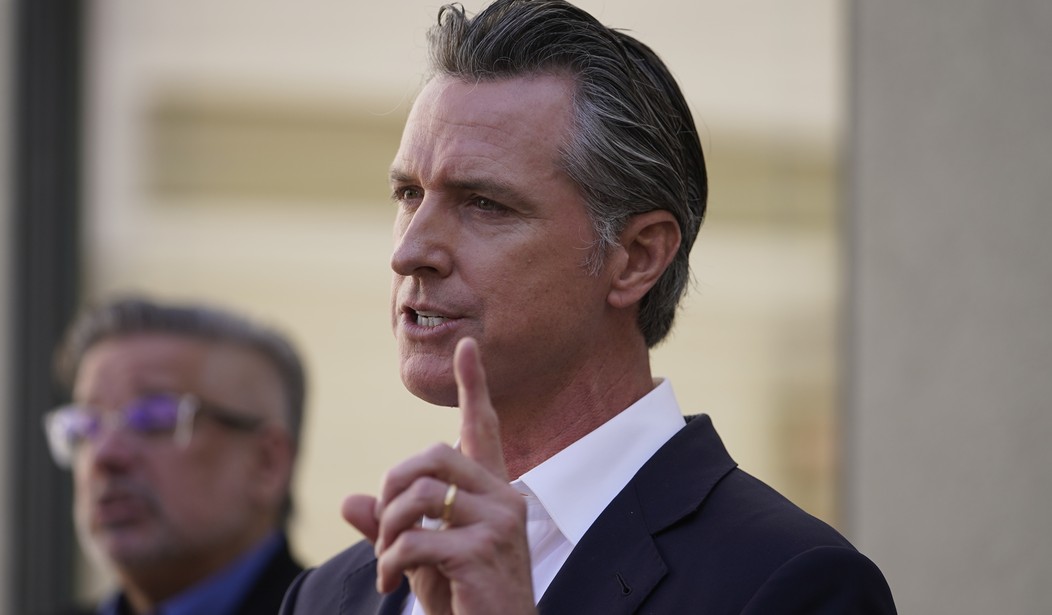The pro-life movement just scored a major victory in California, of all places. On Thursday, a federal district court ruled that a California mandate compelling churches to pay for elective abortions in their health insurance plans is unconstitutional.
This ruling is a stinging rebuke to the radical pro-abortion crowd in the Golden State.
The Alliance Defending Freedom (ADF), a conservative legal advocacy group, represented three churches in challenging the mandate: Foothill Church in Glendora, Calvary Chapel Chino Hills, in Chino, and The Shepherd of the Hills Church in Porter Ranch.
The churches filed the motion in April requesting that the court issue a ruling allowing the institutions to operate according to their religious convictions. ADF Senior Counsel Jeremiah Galus excoriated the state’s government for its ongoing efforts to target churches and infringe on individuals’ right to practice religion.
“The government can’t force a church or any other religious employer to violate their faith and conscience by participating in funding abortion,” Galus wrote emphatically. “For years, California has unconstitutionally targeted faith-based organizations, so we’re pleased the court has found this mandate unconstitutional and will allow the churches we represent to operate freely according to their religious beliefs.”
In its opinion, the U.S. District Court for the Eastern District of California noted that Mary Watanabe, the director of the California Department of Managed Health Care,
“….has not shown ‘[she] lacks other means of achieving [her] desired goal without imposing a substantial burden on the exercise of religion by [plaintiffs],’” and that “[t]he Director’s denial of the Churches’ request for exceptions to accommodate their religious beliefs, based solely on the fact that those requests did not originate with a plan, was not narrowly tailored to serve a compelling interest.”
During the discovery process, ADF attorneys learned that the department issued the mandate to comply with certain demands from Planned Parenthood. “Those demands asked agency officials to implement a “fix” requiring the health plans of religious organizations to include coverage for abortion, regardless of moral or conscientious objections and despite state recognition up to that point that religious groups shouldn’t be subject to such requirements,” according to the advocacy group, which also noted that Planned Parenthood “threatened to promote its own legislative ‘solution’ if the administrative agency didn’t act.”
After the overturning of Roe v. Wade, the abortion debate became even more pitched as the pro-abortion crowd began seeking ways to safeguard the procedure, as red states passed legislation placing more restrictions. But this mandate began back in 2015 and has been in place since then. Now, this ruling allows faith-based institutions in California to refrain from supporting the killing of children in their mothers’ wombs and to practice their religious beliefs.
It’s a significant victory, for sure. But this does not mean the pro-abortion crowd will give up. It is possible that this ruling could be challenged. Or perhaps California, in its partnership with Planned Parenthood, might come up with new ways to force religious institutions to promote its agenda.
Still, it is worth celebrating. With groups like Alliance Defending Freedom and others on the front lines of this battle, the pro-life crowd might just gain more ground in the conflict. Attitudes appear to be changing on abortion after the ruling, and most Americans favor restrictions on the procedure and are not supporting policies allowing it up until the moment of birth. But we can always do better in the debate, and hopefully, this will be the beginning of the conversation around the pro-life movement becoming more prevalent on the national stage.














